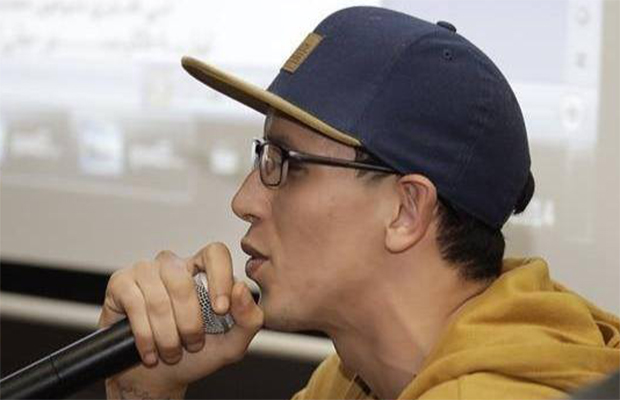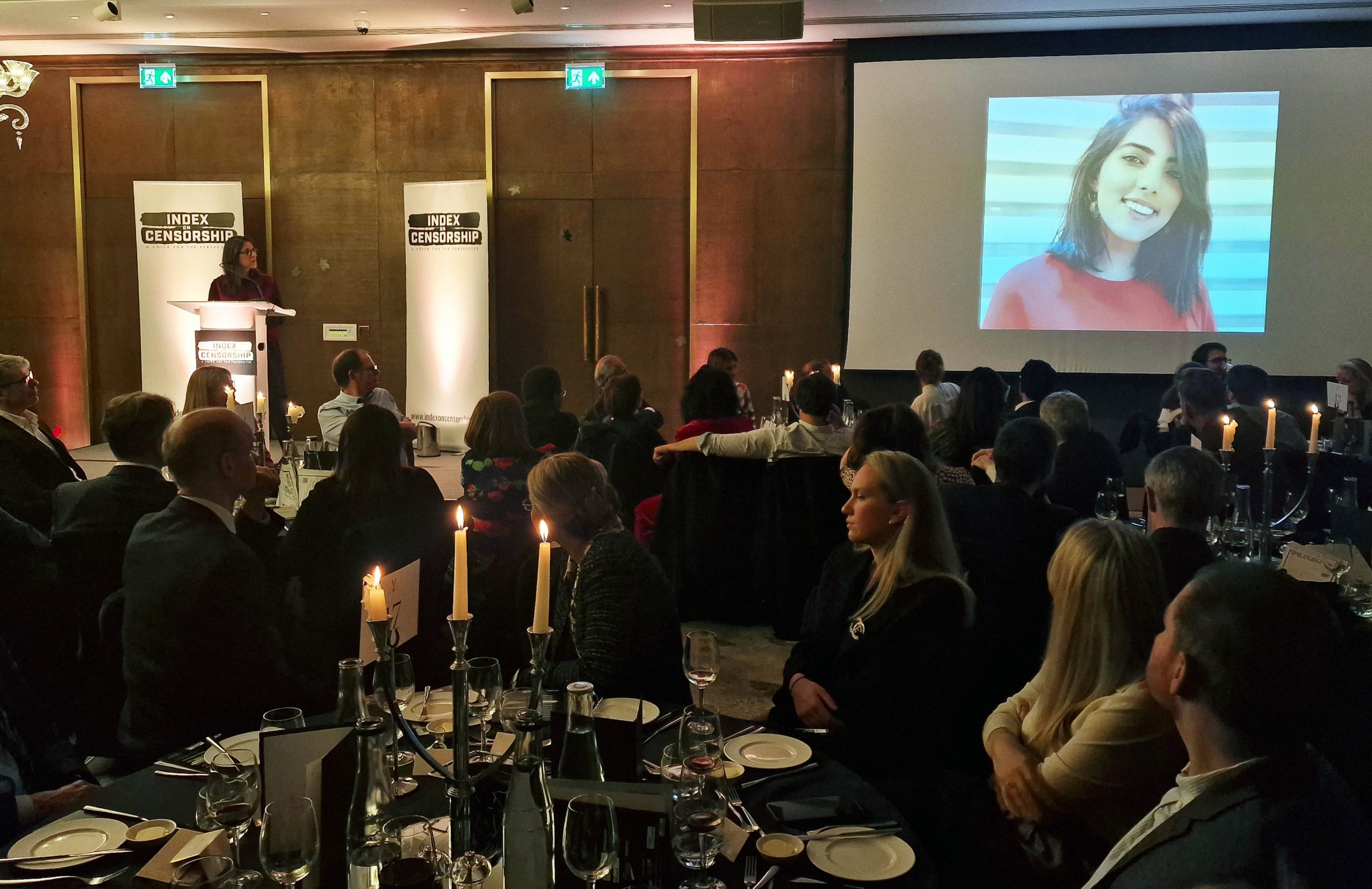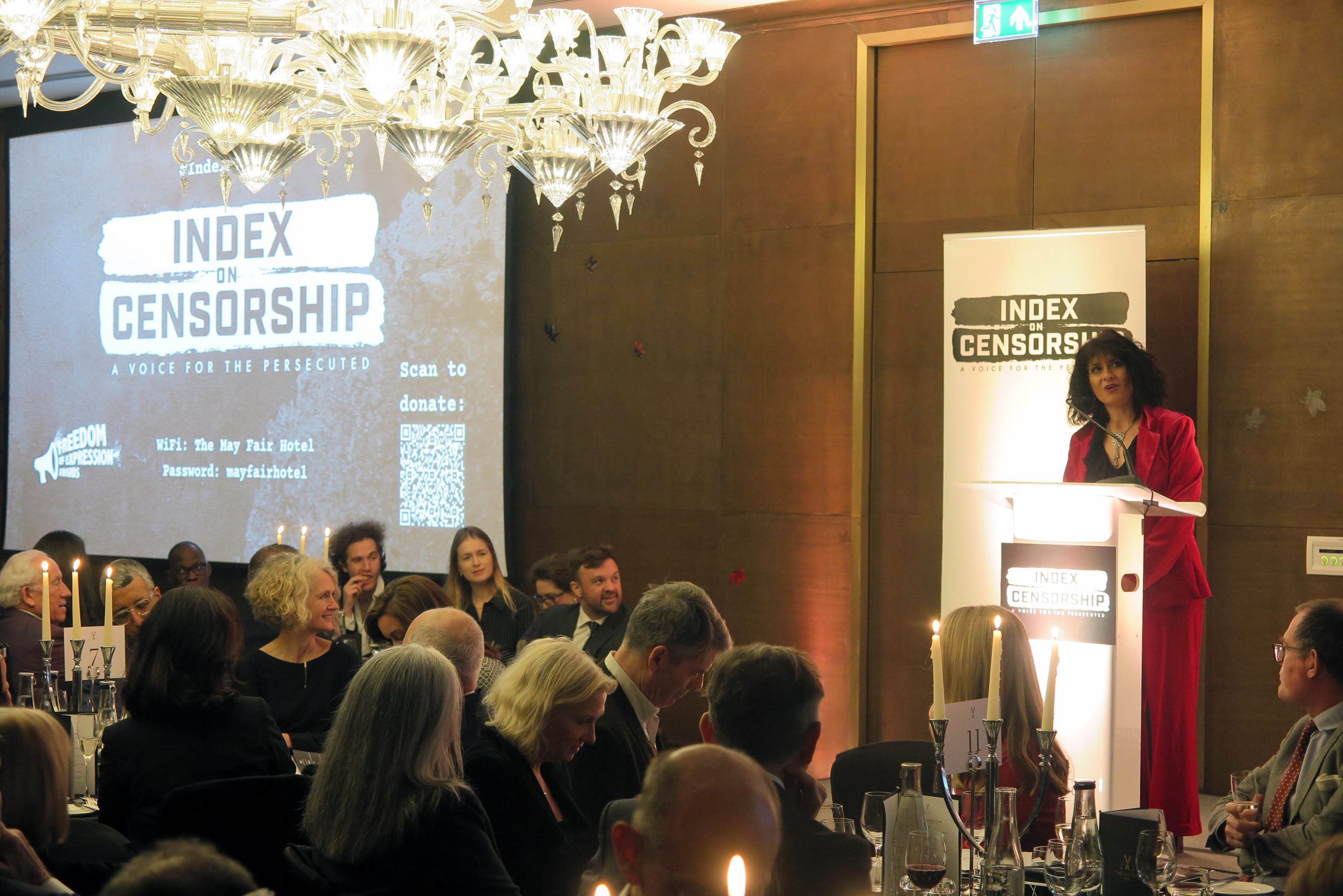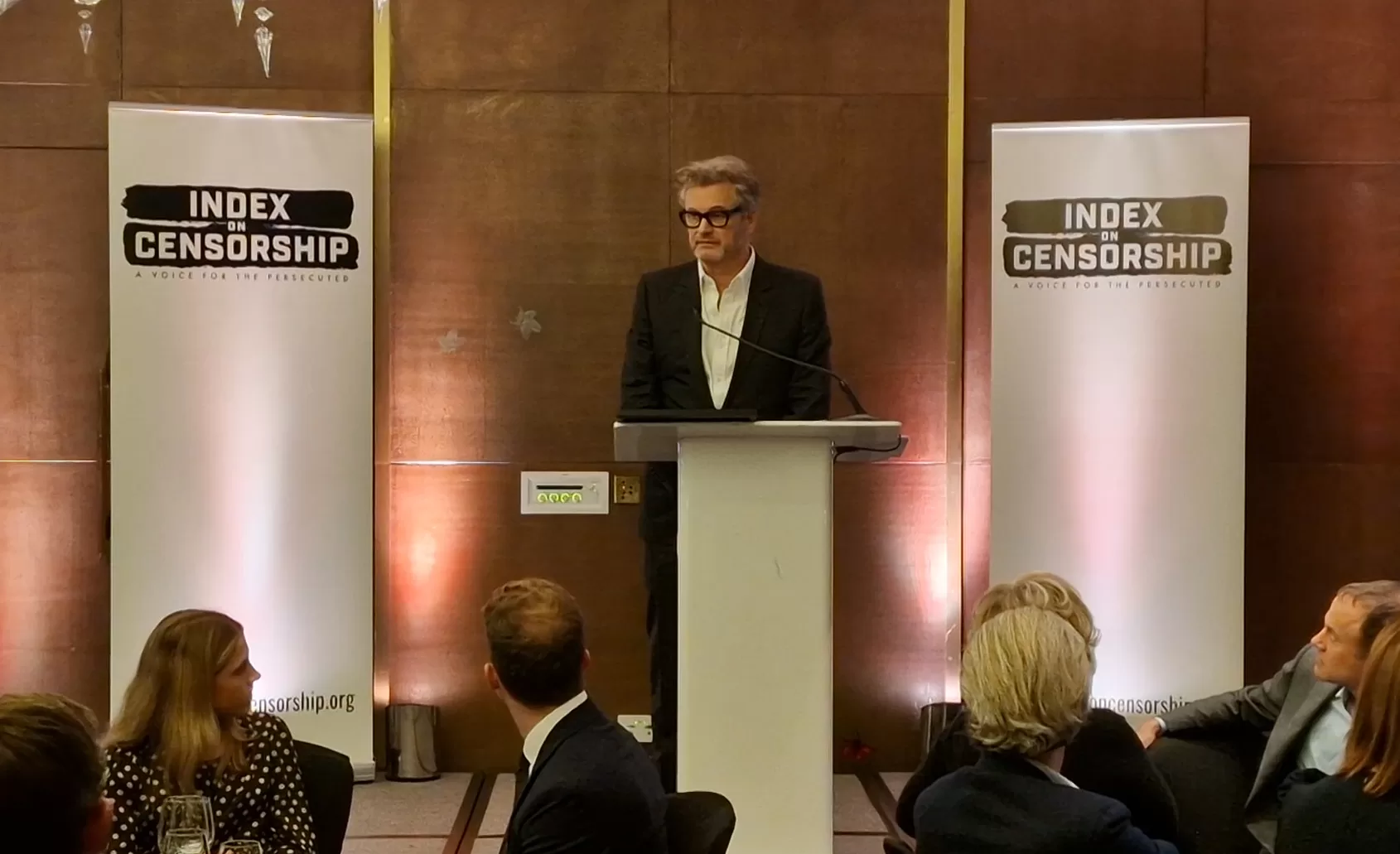Mouad Belghouat is a Moroccan rapper and human rights activist who releases music under the moniker El Haqed, roughly translated as The Enraged. His music has publicised widespread poverty and endemic government corruption in Morocco since 2011, when his song Stop the Silence galvanised Moroccans to protest against their government. He has been imprisoned on spurious charges three times in as many years, most recently for four months in 2014.
“I have not been able to find stable work since my first sentence, so I have concentrated on music – slam and rap. I brought out an album after my
second stretch in prison and this is what led to my second conviction”, El Haqed told Index on Censorship via email.
El Haqed’s 2014 album Walou — which is banned from being sold or played in public–translates as Nothing. Nothing, he clarifies in his songs, has changed in Morocco despite promises from King Mohammed VI and the government following mass protests, starting in February 2011. The 20 February Movement, which inspired tens of thousands of Moroccans across the country to march for constitutional change, protested against the country’s lack of civil liberties and rights, high illiteracy rates, huge rich-poor divide, insufficient healthcare and illegitimate election process.
“In 2011, I found myself at the heart of the 20 February youth movement, which caused me to question a lot of things – notably poverty, power, humiliation, inequality and freedom. I reflected these things in my writing and raps, and this quickly annoyed the regime,” El Haqed wrote.
After this demonstration of widespread dissent, Mohammed VI promised a comprehensive overhaul of Morocco’s undemocratic regime. He introduced a new constitution that pledged to better safeguard Moroccans’ human rights. But despite the fanfare, the plight of El Haqed and many others in the same situation suggest that the much-touted progress has been surface-deep.
After El Haqed’s most recent arrest outside a football stadium in Casablanca, he was charged with scalping tickets, public drunkenness and assault of a police officer. He denies the allegations, and believes instead that police had been looking for an opportunity to arrest him after the release of Walou — one officer at the scene was heard to say “I have scores to settle with you”. El Haqed and his brother were beaten by police as they were detained. El Haqed has said that police tortured him during later interrogation.
During his trial, witnesses of El Haqed being assaulted by police during his arrest were not allowed to give their testimony, and key pieces of evidence were rejected by the court without reason. His lawyers withdrew in protest. During his four-month imprisonment, he continued to write music and give impromtpu performances. When guards realised that his new songs were being published outside the prison, they confiscated his lyrics and put him in solitary confinement. He went on hunger strike to protest his treatment.
El Haqed continues to record and release music — just as he did after being arrested and imprisoned in 2011 and 2012, both times on dubious grounds. In the latter case, he was sentenced to a year in prison for “insulting the police”. His song Dogs of the State, which criticised the Moroccan police, was anonymously set to a YouTube video depicting a police officer with a donkey-head. El Haqed denied any involvement.
With three convictions in three years, El Haqed faces difficulties in pursuing his recording career because studios do not want to work with him because they fear government surveillance. He is banned from performing in public and lives with the knowledge that every action is being watched.
“I was profoundly touched by my nomination as a defender of free expression. Especially as now, and after three successive periods of incarceration, it is still hard to live”, El Haqed wrote.
El Haqed hopes to create a recording studio that will be open to all Moroccans and is currently working on a new album.
This article was posted on 25 February 2015 at indexoncensorship.org




